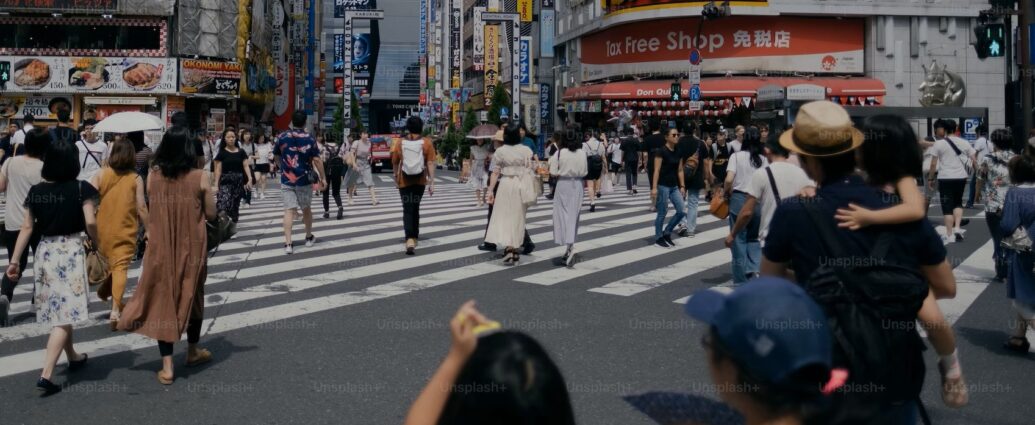Angel Sun
The Japanese TV drama, Brush Up Life, is a crazy story about how we may become anteaters or mackerel in our second life.
Premise
The NTV series begins with Kondo, a 33-year-old woman, suddenly dying in a car crash. She opens her eyes and finds that she is in a massive, white room. She walks towards a counter, where a man in a suit says, in her next life, she will become an anteater in Guatemala.
She does not want to eat ants. She wants to be a human being, but she can only be reborn as a human when she has collected enough good deeds in her previous life.
She turns right, opens a door, and reboots her life. She is determined to correct all the errors she made in her past life and help as many people as she can.
The Significance of Foresight
Kondo’s memory remains after she reboots her life, so she can foresee the future in her second and third life. Foresight is portrayed as a superpower in this series, but in many sci-fi movies and dramas, foresight can save or destroy the world. For instance, the ‘precogs’ in Minority Report stop a homicide by predicting the future. In contrast, what Kondo does with foresight seems a bit trivial. She just stops her friend’s father from cheating, avoids dating the boyfriend who will be addicted to gambling, and remembers to buy her dad a birthday present.
“Foresight doesn’t make Kondo a superhero and her weaknesses sensibly encapsulate our limitations as a person.”
In fact, it is difficult for Kondo to do such little good deeds in daily life. She knows her friend’s family will be broken because of their dishonest dad, but it is awkward for a kindergartener to warn a classmate’s dad not to cheat.
She knows she will be impolite to her dad as a teenager, but she can’t control her hormones and not be spiteful to her dad – and she has learnt the high school syllabus countless times but she struggles to get good grades because she prefers playing with friends.
Foresight doesn’t make Kondo a superhero and her weaknesses sensibly encapsulate our limitations as a person. Most of us are ordinary people who are innately lazy with physical and mental constraints at different stages of life.
Limited Time
“Our unlimited desires can never be fulfilled in limited time”
Limited time is another constraint in everyone’s lives. In Brush Up Life, Kondo never has enough time to do what she wants to do.
When she wants to be a better student with an outstanding academic performance, she does not have time to make friends. When she wants to do more good deeds by conducting life-saving medical research, she cannot spend time with her parents.
For everything she gains, she loses something else. Life is always too short. Our unlimited desires can never be fulfilled in such a limited time frame.
Lessons Learned
What makes Brush Up Life remarkable is its focus on our limitations as people rather than the power of foreseeing the future. It is not an exciting sci-fi drama, but a light comedy centring around the daily life of Kondo, her family and her friends.
The realistic depiction of the characters’ everyday life not only makes the plot more relatable but also warmly reminds us that failure is normal. Life is meant to be imperfect and we are not born to be perfect. These are the truths that even having foresight cannot reverse.
“We never know how powerful our seemingly little acts are”
These weaknesses and imperfections stop us from living a great life. Kondo doesn’t change the world, but she does make the lives of others better.
Like when she accidentally sees the teacher she hates the day after graduation. She takes a video of the teacher for fun, and the video unexpectedly saves the teacher from being arrested for sexual harassment.
Or on another occasion when she visits her grandparents on the weekend and she saves her grandpa from taking the wrong medicine. We never know how powerful our seemingly little acts are, by acknowledging our own weaknesses, we can try to live the most amazing life to the best of our ability.
Ordinariness
More importantly, our ordinariness allows us to enjoy the little things in life. Brush Up Life beautifully presents this through, loving interactions between Kondo and her family and friends. She gossips and makes fun of her dad with her mother and sister, and she exchanges stickers with her friends in primary school.
Although she has lived the same life multiple times, she genuinely enjoys these memories. She wants to experience them again and again. If she is a so-called successful person with great career achievements, she would be unable to slow down and miss the lovely time with friends and family. We cannot measure the greatness of our life. After all, everyone just wants to create happy and sweet memories that will last a lifetime.
Not underestimating ourselves and not appreciating little things in life seems to be clichés, but we often forget their importance in our journey in life. Brush Up Life successfully delivers these messages with the wild setting of restarting life over and over again. Like many other Japanese dramas, Brush Up is a simple story that gives us food for thought and warm motivation when we are struggling.
Featured image courtesy of Levi Meir Clancy on Unsplash. Image license found here. No changes were made to this image.

